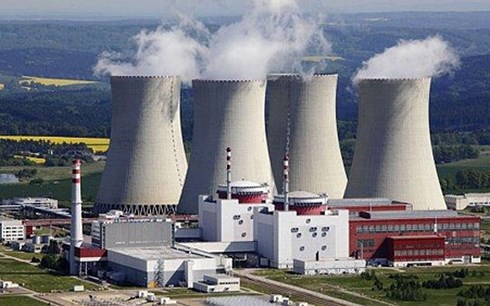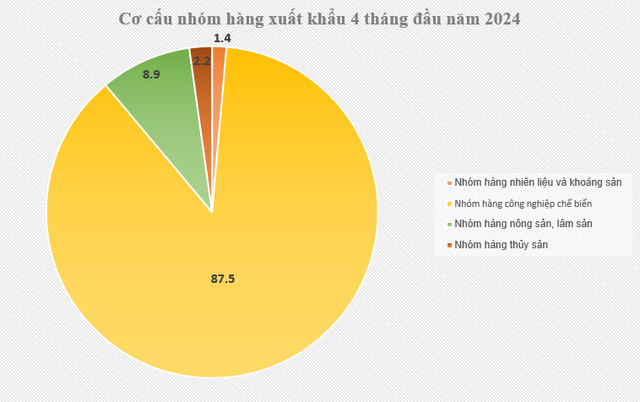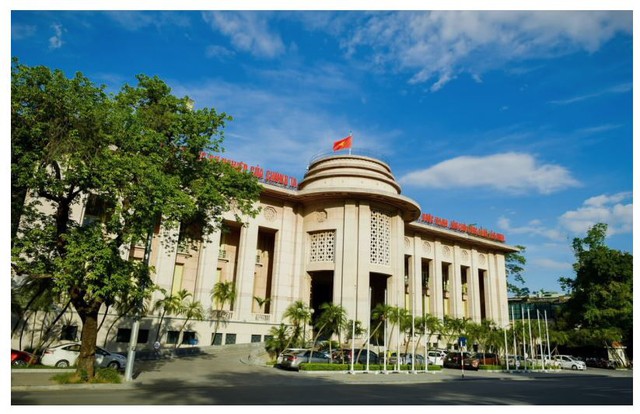
Illustrative photo |
The Ministry of Science and Technology has stated that in the 15 years since the Law on Atomic Energy (NLNT) came into effect, the law has played a major role in creating a legal framework for promoting and achieving the sustainable development of atomic energy applications, through state management of safety, security, and incident response; effectively serving the socio-economic sector while simultaneously enhancing the country’s scientific and technological capacity.
During the 15 years of implementation, alongside the significant role, influence, and contribution of the NLNT Law in establishing state management, ensuring safety, security, and sustainable development of the peaceful application of NLNT, in compliance with international treaties to which Vietnam is a signatory, certain legal provisions in the NLNT have revealed shortcomings and limitations in management requirements, coherence with newly issued laws, and conformity with new requirements and guidance from the IAEA. There is an overlap in the management functions of a number of ministries and sectors; some provisions lack feasibility; and some fail to meet or keep pace with rapid developments in nuclear science and technology and radiation technology.
Improving the legal framework serving the development of atomic energy applications
Revising and supplementing the 2008 NLNT Law is necessary because:
Firstly, it is necessary to finalize the legal framework serving the goal of developing NLNT applications that make an even greater contribution to socio-economic development, environmental protection, and the reinforcement of national security in the new context. Revising the NLNT Law contributes to the implementation of the major policy of the Party and State, which is to finalize the legal system, mechanisms, and policies associated with improving the effectiveness and efficiency of the organization implementing the law; and to accelerate the reduction and simplification of administrative procedures and business regulations.
Secondly, it is necessary to achieve unity, coherence, and harmony between the NLNT Law and various other related laws in the Vietnamese legal system, such as the Law on Planning (2017), the Law on Investment (2020), the Law on Construction (2014; revised and supplemented in 2020), the Law on Minerals (2010; revised and supplemented in 2018), the Law on Pharmacy (2016), and the Law on Environmental Protection (2020), in order to prevent overlaps, inconsistencies, and shortcomings in state management and implementation.
Thirdly, in the recent past, Vietnam has acceded to international treaties on nuclear safety, nuclear security, and nuclear inspections: the Convention on Nuclear Safety (2010); the Additional Protocol to the Vietnam-IAEA Inspection Agreement (2012); the Joint Convention on the Safety of Spent Fuel Management and on the Safety of Radioactive Waste Management (2014); and the Convention on the Physical Protection of Nuclear Material and its Amendment (2016). The implementation of these international treaties requires domestication, finalization of policies, and NLNT legislation in order to ensure the implementation of Vietnam’s national obligations and commitments.
Proposing 6 main policy groups
In order to overcome the limitations and shortcomings of the current Atomic Energy Law, the draft revised Atomic Energy Law has been developed on the basis of the following major policies:
Policy 1: Promoting the development of NLNT applications, with an emphasis on nuclear energy, the manufacture of equipment, international cooperation, and human resource training.
Policy 2: Ensuring the safety and security of radiation sources, radiation equipment, nuclear equipment, and nuclear materials.
Policy 3: Inspecting and preventing the proliferation of nuclear weapons.
Policy 4: Managing radioactive waste, spent nuclear fuel, and spent radiation sources.
Policy 5: Responding to radiation and nuclear incidents, and civil liability for nuclear damage.
Policy 6: State management in the field of NLNT (declaration, registration, licensing, certification; inspection and examination; handling of violations; handling complaints and denunciations).





































